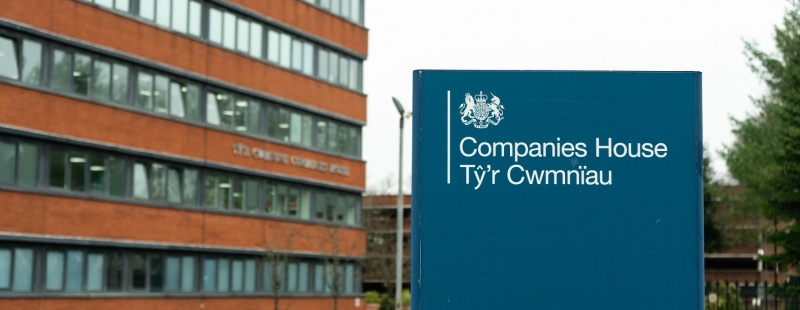On 28th February 2022, the government published a White Paper on Corporate transparency and register reform, laying out its plans to reshape Companies House and transform it from a ‘passive administrator to a more active gatekeeper.’
The proposals focus on increasing the transparency of UK Corporate entities, particularly focusing on small companies and micro-entities, in order to crack down on fraud and international money-laundering. These reforms will run parallel to the Economic Crime (Transparency and Enforcement) Bill 2022 and will be introduced through a second economic crime bill.
Reform of the Registrar’s powers
The Registrar will be appointed new powers to uphold the integrity of the register. Fundamentally, the registrar will be given the discretionary power to query information such as suspicious appointments and submissions and share data with other agencies. It will be able to request further information and evidence and even reject filings when necessary. Where a query is raised post-registration, the body which made the filing will be given 14 days to respond with supporting evidence and where this is not provided or the response is insufficient, penalties may be imposed.
Identity Verification and other anti-money laundering (AML) measures
Most importantly, it has been proposed that for all of those incorporating and filing with Companies House, identity verification will be mandatory. A verified account at Companies House will become a requirement for all new and existing company directors, persons with significant control, members of LLP’s and anybody else submitting filings.
These measures aim to minimise the appointment of fictitious directors or beneficial owners and increase corporate transparency by displaying failed verifications on the public register.
Enhanced Data Sharing
In order to help reduce economic crime, enhanced data sharing powers will allow the Registrar to share relevant information with law enforcement and other public, private and regulatory bodies. Its data will be shared in the same format as HM Revenue & Customs in order to easily flag up any discrepancies.
Conclusion
Other proposed changes include improved financial information on the register, enhanced privacy mechanisms and new restrictions over corporate directors.
If you have any questions on the proposed changes or would like more information on how the changes may affect your company, please do not hesitate to get in contact with our Corporate and Commercial team to discuss how we can assist you. To arrange an appointment or for more information, please contact our dedicated Client Relations Team on 01603 693500 or email us using the ‘Make an Enquiry’ form on our website
We offer telephone and video appointments through various applications including FaceTime, WhatsApp and Zoom. Face-to-face meetings are available by appointment at our Norwich, North Walsham and Sheringham offices.
Keep up to date with our latest news, legal updates, and upcoming events by signing up for our email mailing list.
*This article is provided for general information purposes only and does not constitute legal advice or other professional advice.
